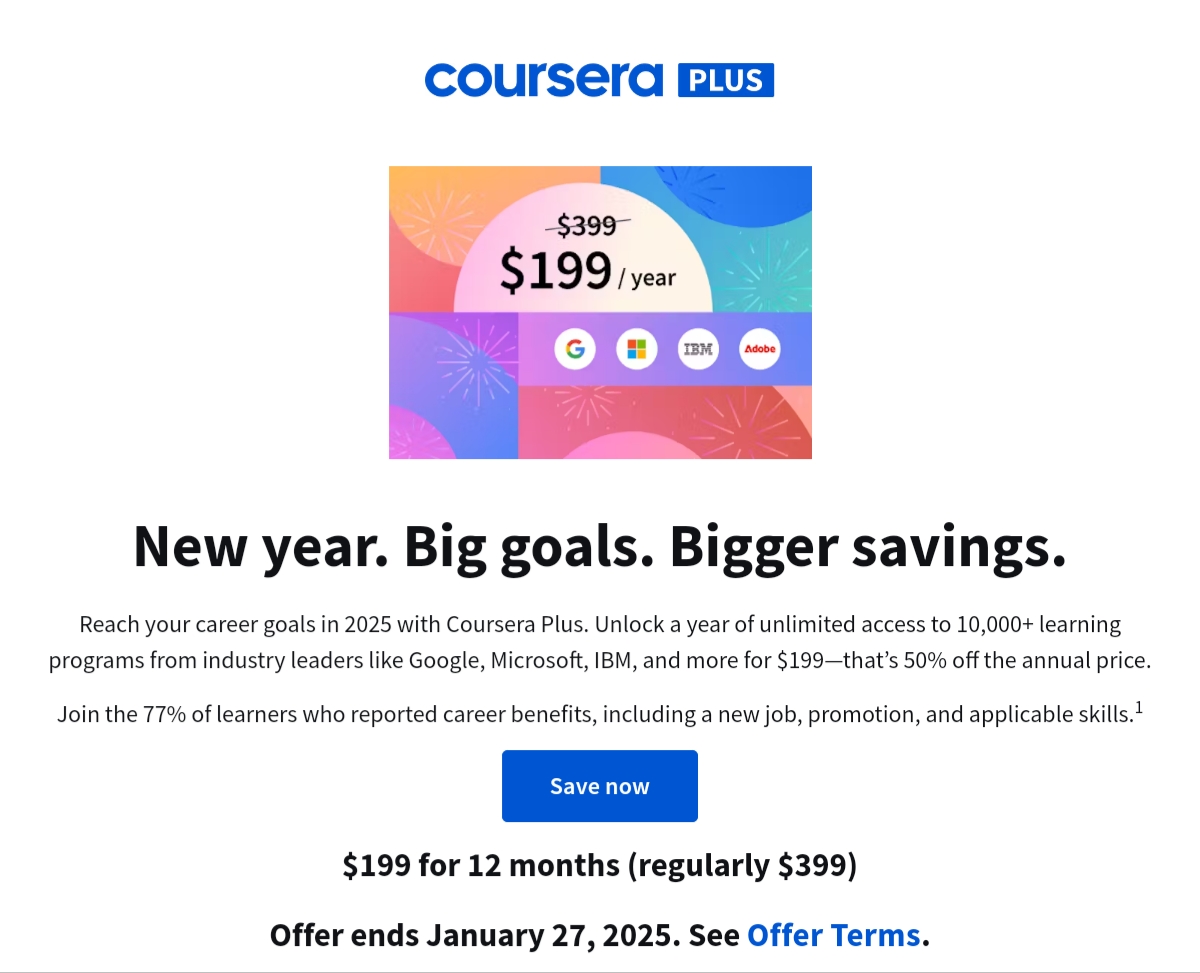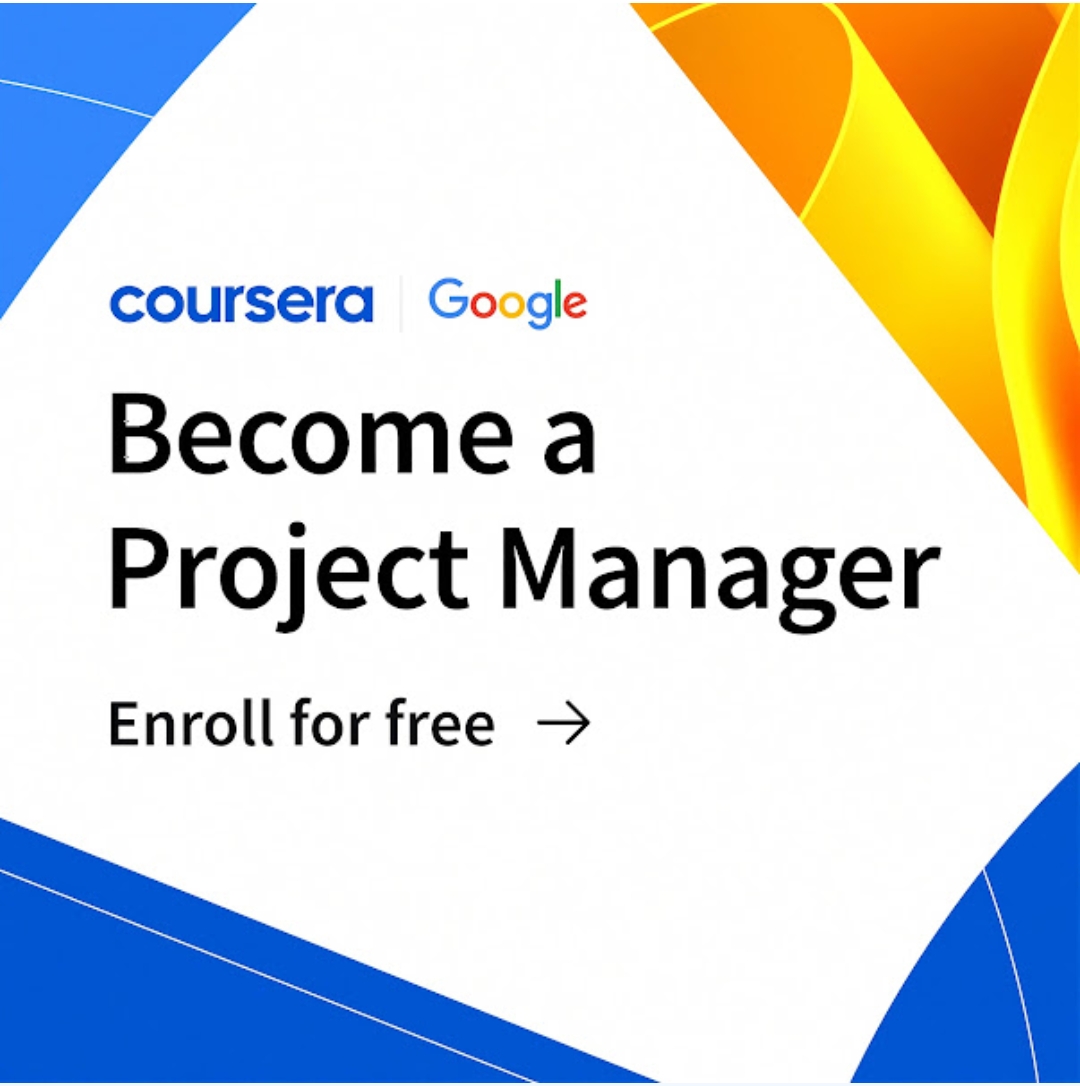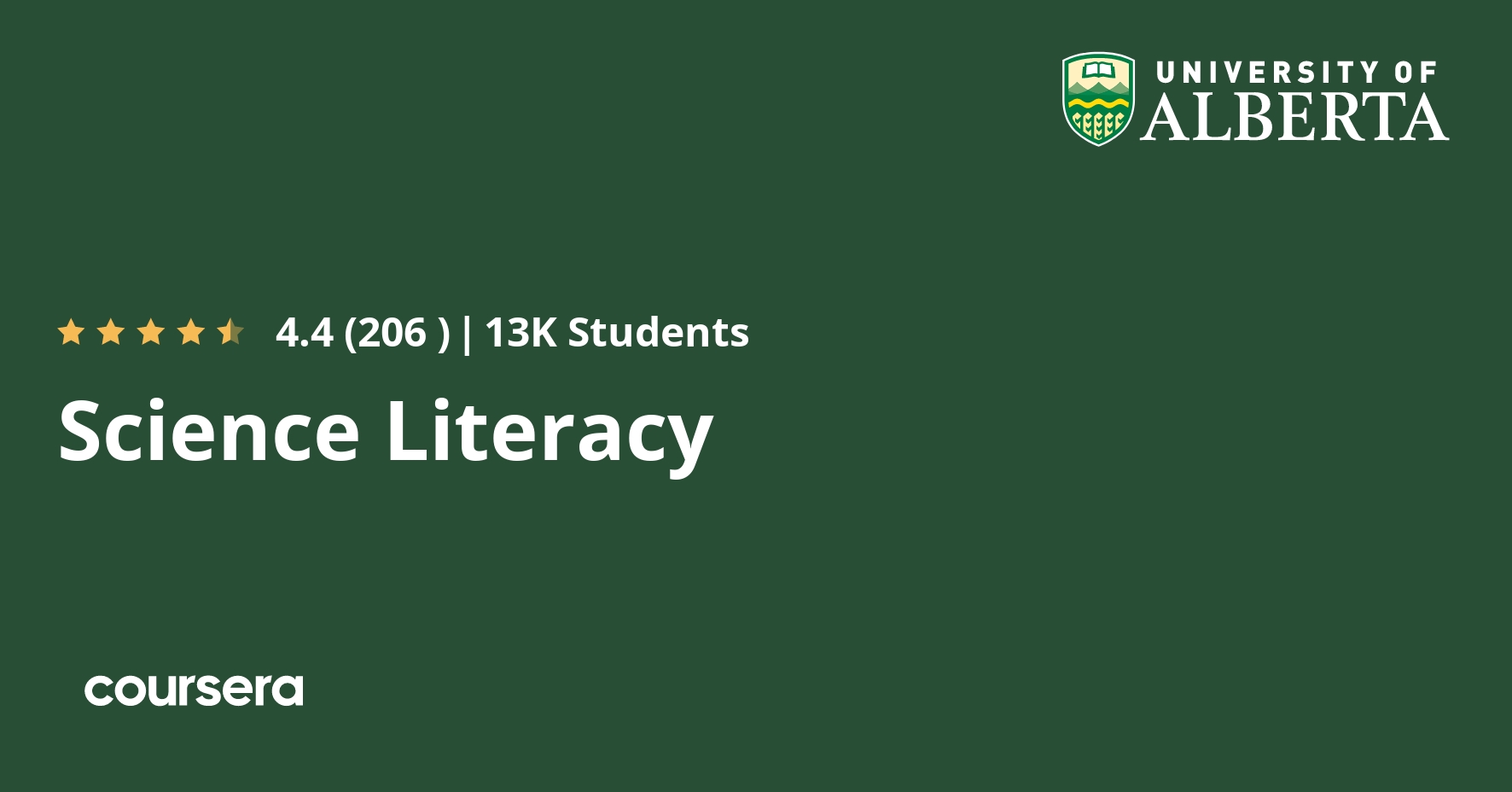Description
Fake news or good science? In a world where we have access to unlimited information, it is hard to sift through the echo chamber of opinions fueled by emotions and personal biases, rather than scientific evidence. Science Literacy will teach you about the process of science, how to think critically, how to differentiate science from pseudoscience, how indigenous wisdom can inform science, how to understand and design a scientific study, and how to critically evaluate scientific communication in the media. Every module will build your new skill-base with real life examples, and at the end of each module you will have to apply these skills to scientific questions, talking points and controversies in the world. Warning: this course requires an open mind and the ability to self-reflect.
In Science Literacy, you’ll hear from special guests:
Timothy Caulfield, Canada Research Chair in Health Law and Policy and star of Netflix’s “A User’s Guide to Cheating Death” on pseudoscience
Dr. Torah Kachur, Scientist and CBC journalist on science communication (and miscommunication!)
Christian Nelson, Citizen Scientist and creator of Edmonton Weather Nerdery, on experimental design
Metis Elder Elmer Ghostkeeper and Cree Elder Kokum Rose Wabasca, on the holistic nature of Indigenous wisdom and how it can work with the scientific process
Associate Professor in Psychology, Dr. David Rast on uncertainty and decision making
What you will learn
Module 1: Introduction to Science
Welcome to Science Literacy! In a world where we have access to unlimited information, it is hard to sift through the echo chamber of opinions fueled by emotions and personal biases, rather than scientific evidence. Science Literacy will teach you about the process of science, how to think critically, how to differentiate science from pseudoscience, and how to critically evaluate scientific communication in the media. In this first module, we’ll hear from indigenous elders about the traditional process of knowledge collection, and how it can be used to inspire, consolidate, and validate scientific hypotheses. We’ll introduce the process and purpose of scientific thought and give you some tips and tricks for identifying biases in arguments, as well as how to distinguish common sense and intuition from genuine scientific theories. You’ll also meet your presenters Claire and Rachel in the first video, so let’s get started, and get scientifically literate!
Module 2: Pseudoscience
In this module, you are going to learn how to differentiate and discriminate science from pseudoscience. We’ll look at some common examples of pseudoscience in everyday life, and practice separating them from science, bad science and plain ol’ fraudulent science. Finally we’ll find out just what it is that makes pseudoscientific language so appealing, how to combat it by staying skeptical and examine the harm that pseudoscience can do, if left unchallenged.
Module 3: Critical Thinking
In this module you’ll learn a fundamental skill in science literacy- critical thinking! We’ll introduce you to the basics of critical thinking before giving you the tools to try and apply some critical thinking to actual case studies. We’ll also introduce the concept of correlation and demonstrate the difference between correlation and causation. We’ll also examine the importance of replicability and the value (and burden) of extraordinary evidence. Finally, we’ll visit the work of Karl Popper and discover why falsifiability lies at the heart of science literacy, and while complex conspiracy theories may appeal to the X Files fans in us, in science, the simplest explanation is often the most likely to be correct. So come on, it’s time to get critical!
Module 4: Scientific Methods
In this module, we’ll be taking a deep dive, into the particular methods that scientists use to form knowledge and understanding of the world around us. We’ll be dissecting the different parts of a scientific paper, learn that there is a way to read even the densest scientific papers and give you an opportunity to test these new skills out. You’ll also learn how to construct a scientific experiment, from forming your hypothesis, to choosing your variables and most appropriate method of research design, from natural to survey. After this module, you’ll not only be able to rad and understand scientific reports, but you’ll be able to design and carry out your own!








